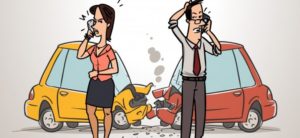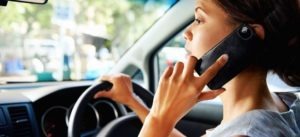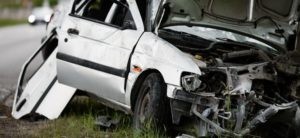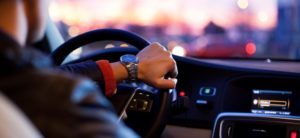Understanding Liability in Driverless Car Accidents
Although studies have been done that show self-driving cars have a lower rate of accidents than their counterparts, there are reported about 9.1 accidents per one million miles driven by automated vehicles.
In cases of car accidents lawyer involving driverless vehicles, understanding who could be liable is key to filing a lawsuit and earning appropriate compensation. While some issues of liability might be made clearer by having an automated car, there are some ways it can be more complicated.
What Is a Driverless Car?
Driverless cars, or automated vehicles, are vehicles that do not require a human to operate them. While entirely driverless cars are relatively new and rare in occurrence, there are differing types of automation involved in the driving process that can qualify even cars with a human in the driver’s seat as “automated.”
This spectrum of automation extends from having one or two automated processes during vehicle operation that require manual, human input to having a fully automated vehicle where there is no human input required.
In Automated Vehicle collision cases, liability is fairly legally set right now, but as these automated processes become more integral to the operation of a motorized vehicle, liability can become a little trickier to navigate. In the future, what company is responsible for which automated process may play into legal liability, settlement amounts, and disbursements.
Legal Considerations for Driverless Car Collision Liability
Because automated cars lack a driver, the issue of driver liability is easy to determine. If the automated car functioned as intended and had no issues in navigation or execution of its task, the fault is clearly on the driver of the other car.
However, if the driverless car is at fault in a collision, then the legal precedent of liability may become more challenging. In most cases, the legal precedent falls more in line with a product liability case where the manufacturers of the car can be held liable for property damage or injury. These cases would be similar to cases involving a faulty airbag since the computer guiding an automated car is a piece of equipment.
For a free legal consultation, call (725) 900-9000
Who Provides a Settlement in Automated Car Accident Injuries?
There are a few different parties that could potentially be held liable in a collision involving a driverless car. Most generally, the entities that provide a plaintiff with their settlement fall into one of the following categories:
Car Manufacturers
When a part of a product fails to function properly, it is common to hold the manufacturers legally liable. This can often lead to lengthy cases determining exactly how liable the company was and trying to get the company to accept its liability.
In the cases of driverless car collisions, however, liability is often already assumed by the manufacturers. Because the rate of accidents for automated vehicles is so small, many companies, including Mercedes, Volvo, and Google, have already accepted liability for any such cases.
Even if a company doesn’t accept liability ahead of time, however, proving who is at fault is much simpler in the cases of a driverless car, and manufacturers will have an increasingly difficult time denying liability, even under current laws.
Car Insurance Companies
In most car collision cases, proving liability causes a delay in a settlement payout from car insurance companies. In cases of automated vehicles, however, plaintiffs will have an easier time collecting what they are owed.
Because who is at fault is so easy to determine in these types of cases, insurance companies do not have to accept or deny liability throughout a case. Additionally, with the added features of most driverless cars, including sensors and recording devices that have been hardwired directly into the vehicle’s internal system, the case of liability is often completely clear.
Other Parties
Although several car manufacturers are currently accepting liability for accidents caused by driverless cars, in the future, legal liability may not be so certain. It is possible that instead of manufacturers accepting sole responsibility for collisions, they may be able to partially or completely implicate other companies.
For instance, if a car manufacturer subcontracted a company to create and install an automated vehicle’s sensors, they may be able to deny liability by claiming that if the sensors had worked properly, an accident would not have occurred. The fault could also fall on satellite mapping companies, computer software designers/implementers, and even local governments or ordinance creators.
What to Do If You’re Injured in a Driverless Car Accident
If you or someone you love has been injured in a collision involving a driverless car, consider contacting a personal injury attorney. These types of cases can be difficult to navigate, and seeking an experienced professional in product liability may offer you the help you need.
At Van Law Firm, our expert legal team will answer all your questions and take your claims seriously. Contact us today and schedule your free consultation. Our attorneys work on retainer, so you won’t owe any payments unless we win your case. Call us today, and let us fight to earn you the best settlement for your case.
No obligation consultations are always free.
Let Us Help You! Call Now: (725) 900-9000


